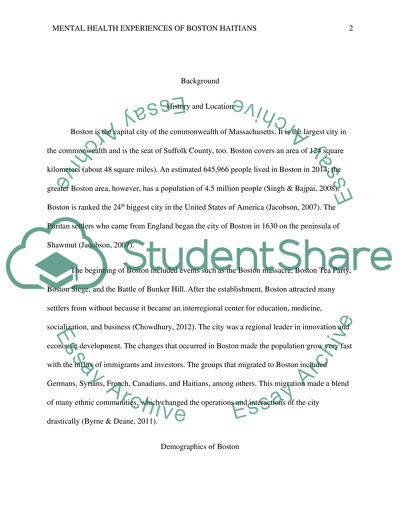Cite this document
(“Survey Development Project Assignment Example | Topics and Well Written Essays - 1500 words”, n.d.)
Survey Development Project Assignment Example | Topics and Well Written Essays - 1500 words. Retrieved from https://studentshare.org/health-sciences-medicine/1683309-survey-development-project
Survey Development Project Assignment Example | Topics and Well Written Essays - 1500 words. Retrieved from https://studentshare.org/health-sciences-medicine/1683309-survey-development-project
(Survey Development Project Assignment Example | Topics and Well Written Essays - 1500 Words)
Survey Development Project Assignment Example | Topics and Well Written Essays - 1500 Words. https://studentshare.org/health-sciences-medicine/1683309-survey-development-project.
Survey Development Project Assignment Example | Topics and Well Written Essays - 1500 Words. https://studentshare.org/health-sciences-medicine/1683309-survey-development-project.
“Survey Development Project Assignment Example | Topics and Well Written Essays - 1500 Words”, n.d. https://studentshare.org/health-sciences-medicine/1683309-survey-development-project.


